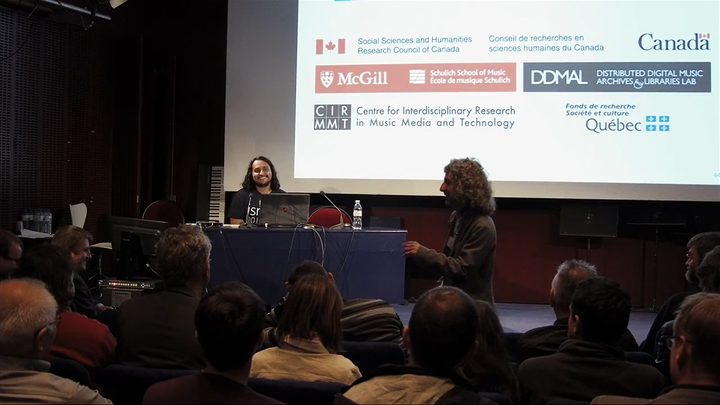 Image credit: IRCAM
Image credit: IRCAM
Abstract
In this paper, we discuss how different encodings in symbolic music files can have consequences for music analysis, where a truthful representation, not only of the musical score, but of the semantics of the music, can change the results of music analysis tools. We introduce a series of examples in which different encodings effectively modify the content of two—apparently equivalent—symbolic music files. These examples have been obtained from comparing three different encodings of a string quartet movement by Ludwig van Beethoven. We present two scenarios in which encoding discrepancies may be introduced. In the first scenario, they have been introduced during the encoding of the symbolic music file by either the music notation software or the human encoder. The discrepancies introduced in this scenario are typically difficult to notice because they are visually identical to an accurate encoding. In the second scenario, the discrepancies have been introduced during the translation of the original file into other symbolic formats. In this scenario, the discrepancies may be related to propagating errors in the original encoding or to an erroneous translation of certain attributes of the musical content. Finally, we discuss the possibility of using the examples provided here for the mitigation of some of these discrepancies in the future.